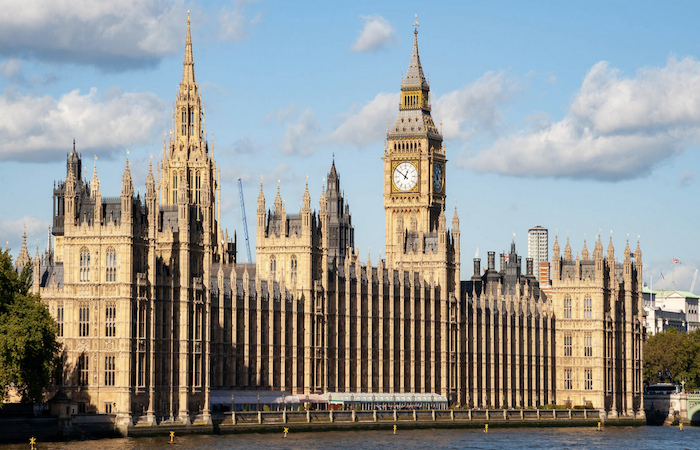
Mini Budget 2022: Chancellor of the Exchequer Kwasi Kwarteng has announced government plans to scrap the bankers’ bonus cap, with plans for further regulatory reforms in coming weeks.
The cap, which was introduced by the European Union (EU) following the 2008 global financial crisis, limited bankers’ bonuses to two times their salary.
The removal of the bankers’ bonus cap is part of a drive to reaffirm the UK’s status as a global financial services centre, which includes taxation cuts for corporations and unlocking pension fund investments into innovative UK businesses.
Kwarteng said: “A strong UK economy has always depended on a strong financial services sector. We need global banks to create jobs here, invest here and pay taxes here in London, not in Paris, not in Frankfurt and not in New York.
“All the bonus cap did was to push up the basic salaries of bankers or drive activity outside Europe. It never capped total remuneration, so let’s not pretend otherwise. As a consequence of this, we are going to get rid of it.”
Frances O’Grady, general secretary of the Trades Union Congress (TUC), said: “This budget is Robin Hood in reverse. We should be rewarding work, not wealth. But at the first opportunity, [prime minister] Liz Truss is holding down wages and lining the pockets of big corporations and City bankers. The party of pay cuts strikes again.
“We need a very different plan in the full autumn budget to do right by workers. The Chancellor should boost the minimum wage, universal credit and pensions before winter sets in. He should fund pay rises in the public sector that keep up with prices. And ministers should extend collective pay bargaining rights across the economy so that whatever your job, you can negotiate a fair pay rise.”
Dr Gordon Fletcher, retail and economy expert at the University of Salford Business School, added: “The announcements primarily benefit those probably least concerned about cost-of-living increases within their households, and those businesses most benefitting from the current situation. It is a solution pinned to a vague objective of achieving growth without addressing the real systemic issues that confront UK business including productivity issues and upskilling the working population.
“The fiscal event has not received scrutiny from the Office of Budget Responsibility and no statement about the long-term consequences of these decisions accompanied Kwarteng’s performance. The event appealed directly to, and rewarded, the constituency that elected Truss to prime minister. There will be little to celebrate for those most worried about heating their home over Christmas.”
Mohsin Rashid, co-founder of Zipzero, said: “”It seems that the government fundamentally misunderstands whom the cost-of-living crisis is hitting hardest. Allowing bankers to receive greater bonuses, with incalculable rises to incomes on top of six-figures salaries, while providing only 63p a month more to the lowest earners seems invariably at odds with its strategy. A more tactful response would see tax support for the lowest earners; far more likely to re-enter the economy than to bolster individual savings.”